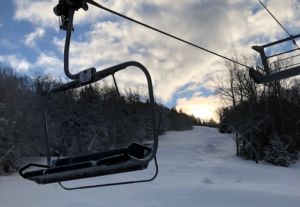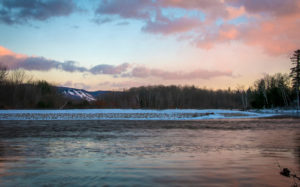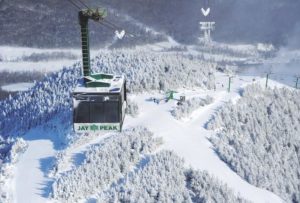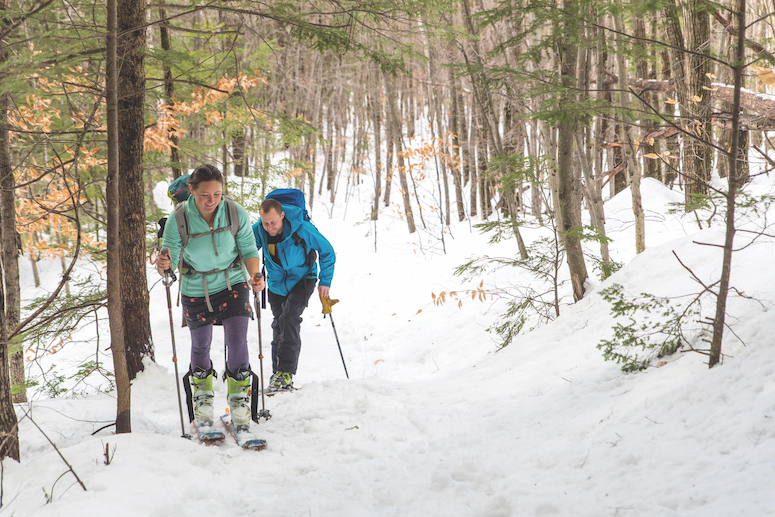
If you plan on trying to climb Jay Peak on Tuesday morning to check out any potential new snowfall the Vermont resort could receive during the early portion of the week, resort general manager Steve Wright will likely be there to greet you.
Now that ski areas across the Northeast have closed due to the COVID-19 pandemic, it has led many — including some novice — uphill skiers to try and earn their turns. The lack of lifts has led to skiing-hungry visitors who might not have the necessary knowledge it takes in the backcountry.
Jay Peak has discouraged uphill travel due to the absence of grooming and ski patrol operations . This has led to frustration from the “I’ve been doing this since the Carter administration” segment, but from Jay Peak’s perspective, it’s not a risk worth taking.
In fact, the resort has already barricaded its Stateside entrance.
